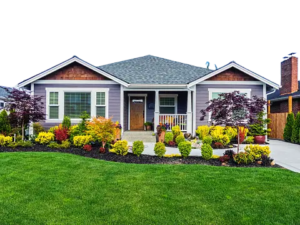Swimming pools can be great additions to houses in warm climates. They can provide the entire family with a place to entertain neighbours and friends. However, before getting estimates on a pool, here are some things that you should know about before installing one on your property.
Determine Purpose of Pool
Before you start looking at pool designs, you should think about the reasons for installing it on your property. Knowing its purpose can help determine the size, depth, and shape of the pool.
A pool can be a great place for you to entertain family and friends or for giving your children a place to hang out and keep cool in the summer time. It can also be a place where you and your family stay in shape by swimming laps.
Pool Size
If the primary function of the swimming pool will be for exercising, then you may not need a large pool. Instead, a lap pool may be sufficient because you can swim laps and relax in the hot tub afterwards. If you have a small yard, a lap pool would be easier to install as well.
To help determine the size of the pool, go out to where you envision installing it. Then, with spray paint or tape, pace off the size and mark where you want it to go. Afterwards, measure the dimensions so that you can provide the information to the pool builders when discussing the price of installing it.
Depth of Water
If you want to the pool to have a diving board, then you will need a deep pool to prevent someone from diving in and hitting his or her head on the bottom of it. The type of soil that you have can influence the construction of a pool so you should have a geotechnical engineer do a soil study and provide recommendations for its design.
Once you have his or her recommendations and the soil data, contact an excavation firm such as Sunshine Coast excavations to discuss the size and depth of the pool. Along with the soil composition, you need to assess the slope of the yard to determine if you can install an inground pool or if the pool should be an above-ground or partial in-ground pool. The slope and soil information could change your mind about buying a pool.
Added Value
A pool can add value to your property, depending on several factors. If the homes in your neighbourhood have pools and yours doesn’t, your home could linger on the market if you decide to sell it. Also, an above-ground pool usually will not add value to a property but a well-designed above ground pool that’s been integrated into the design of the house can increase your home’s value.
You will need to get information about the rules for adding a pool in your area. Contact the local council to find out the building and safety regulations as well as water legislation. You will also need to find out about state and federal fencing requirements for swimming pools.






Leave a Reply
You must be logged in to post a comment.